Mid April and still we wait for the gentle warmth of spring. For weeks now, just as we looked forward to the end of a long hard winter, a searing east wind has held us in its grip. It howls through the valley, over the hilltops to the sea, across the Moor carrying lashing rain in a freezing sideways curtain in its wake. Plants stand in limbo, camellias brown on the bushes, daffodils bow their heads in submission, no blossom yet, no greening on the branches. Our drive was washed away again, fields waterlogged, grass nowhere to be seen. We pumped for two hours to get rid of a foot of water inside the sheep shed yet again. A digger arrived and stayed a week redirecting the underground stream, a one-time ford we are told, by our gate. Land drains were dug, the stream dredged and still we squelch across the fields and welcome brown muddy sheep into the yard for tea.
But we’re not in Wales, Cumbria or Scotland. Hard and wild as the winter has been for South Devon, we have not had to face the unbearable tragedy of the hill farmers whose flocks have been lost under snowdrifts so huge, in winds so strong they had to abandon their search or be lost themselves. The heart break, the hardship, the sadness and the cost are almost unbearable to even think about but those farmers have had to face it all and many now face ruin as well as a result of this extraordinary winter. A winter only matched by the national farming tragedy all those years ago in 1946/47.
Down south we’re all in it together too as we ask each other who has grass, who has some straw, who has hay. Our hay was baled damp last soaking summer so it emits clouds of mould when each bale is broken open. Sheep and donkeys are not impressed. “Water it with liquid molasses” said Keith, our farming neighbour, “it washes off the mould, makes it palatable and does them good”.
It’s these tips from long term farming friends which help so much. “Don’t go buying hay” says Farmer Phil “have a bale of mine. No, I don’t want anything for it” So I’ll be at the Farmers Market tomorrow with some of my own sausages and bacon for him; he’s a sheep farmer so I hope pork will make a change.
It’s twenty years since we bought our first sheep but we’re still nowhere near these boys whose families have been farming for generations. It takes a long time to be accepted into the farming community but once in the support is wonderful. Paul has just been voted in as President of the Whiteface Dartmoor Sheep Breeders Association. And as if that’s not enough of an honour in itself he’s a Cornishman in Devon; some achievement!
The Association was formed in 1950 when farmers on Dartmoor realised the breed was on its’ way to extinction. They realised too, the value of these ancient sheep that can withstand the freezing conditions of the Moor surviving on pastures between 500 and 2000 feet above sea level. In better times, way back in the C18th when they were also known as Widecombe Whitefaces the breed spread right across the Westcountry but as their numbers diminished they retreated to the Moor. Today they are listed as “Breed at Risk” on the Natural England Register.
Happily now numbers are gradually beginning to grow as farmers across the country realise their value when crossed with other breeds. The great mothering instincts of the Whiteface crossed with a Teeswater or Bluefaced Leicester produce a very hardy mule capable of raising multiple lambs. Cross a Whiteface with a Suffolk, or, as we do sometimes, a Jacob and you will have truly delicious roast lamb!
And here we are lambing again in this coldest of springs. I like to think the ewes are holding on to their babies to keep them warm inside but I know the real reason is that Big Dez, our ram, didn’t show much interest in his task for the first couple of weeks of his “tup”. Two weeks into lambing and we have just three lambs. No doubt they will arrive in a rush all at once. As the east wind drops and the temperature creeps up this may not be such a bad thing after all. Maybe Spring will burst upon us at last and the grass will even begin to grow and there will be something for them to eat on the hills when they finally decide to be born.
Making the most of a small chicken!
Time is limited as we paddle up to the yard in the pouring rain, feed sheep, wait for reluctant lambs to born and return to the house soaking wet, hungry and tired.
On Monday I “spatch-cocked” a chicken; that is to say I turned it upside down, cut out the back bone and squashed it flat!
The expression Spatch-cock is said to have come from C18th Ireland; a farmyard chicken was quickly dispatched, split and fried or grilled to provide a quick meal for an unexpected guest.
Mine went into a hot oven for about half an hour having been spread generously with olive oil, crushed garlic, dried herbs, coarse sea salt, and black pepper: delicious, warming and quick.
On Tuesday we had a chicken and avocado salad with a baked potato and on Wednesday evening I put the bones in the pressure cooker with a shallot and made a quick stock. With this I made a simple mushroom and chicken risotto topped with Parmesan cheese.
Three quick meals from one small bird!
Spatch-Cock Chicken from Paul Vincent on Vimeo.
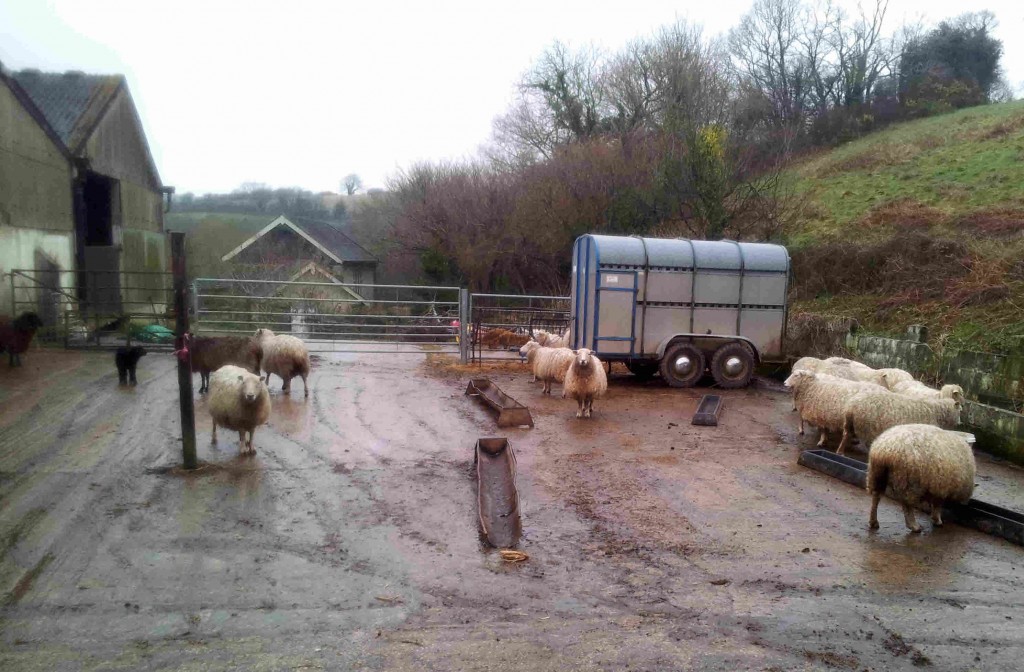
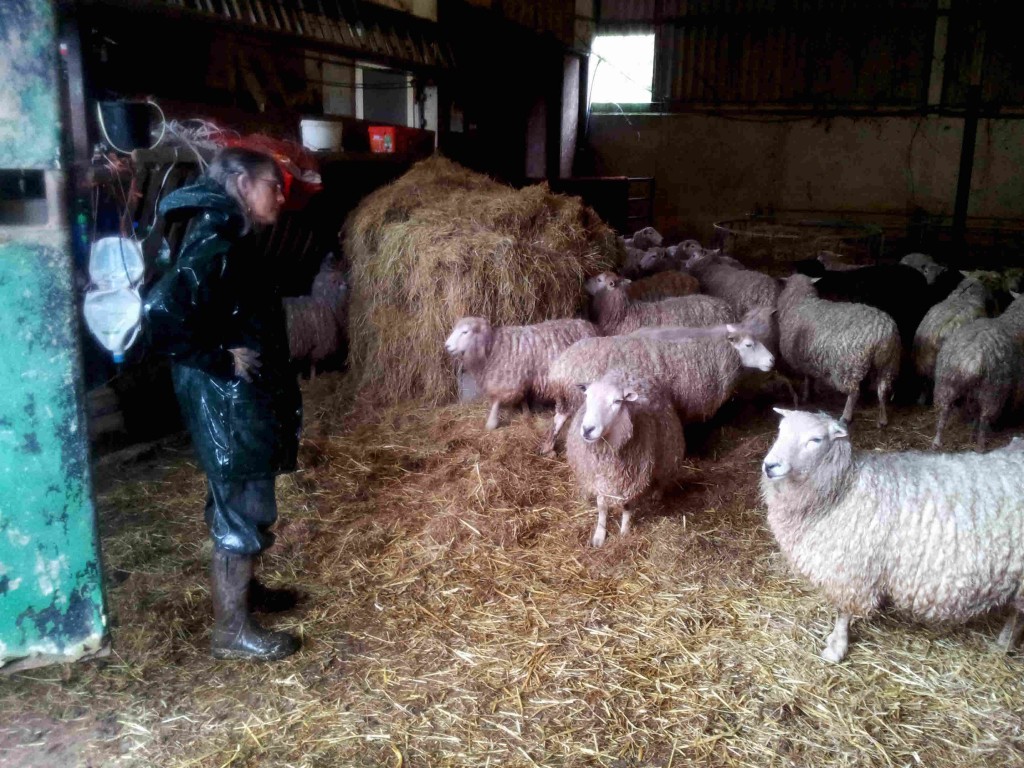
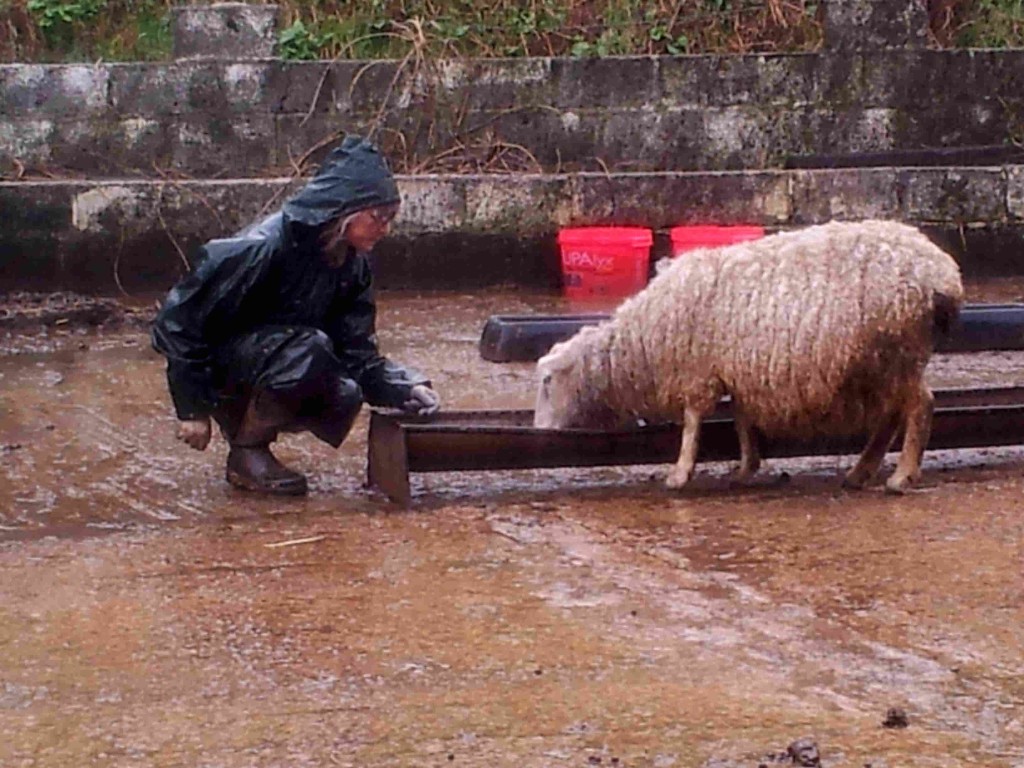
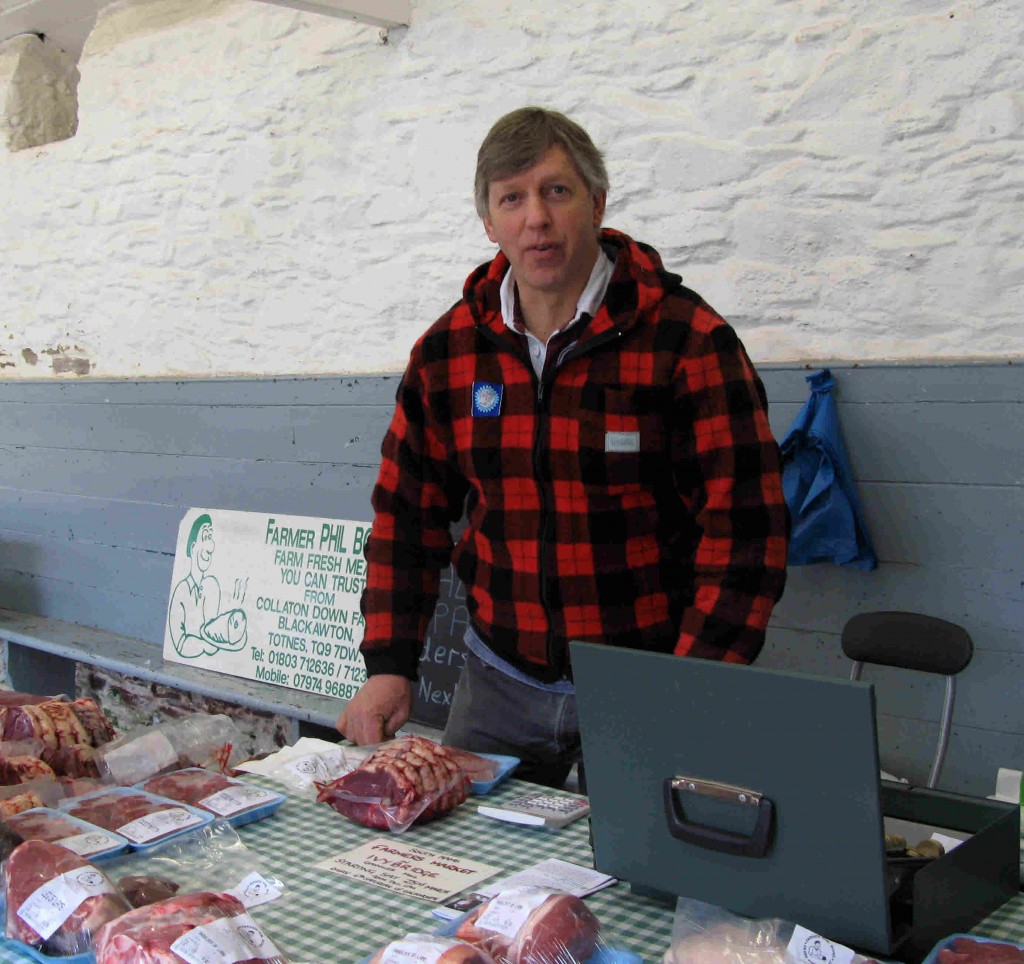
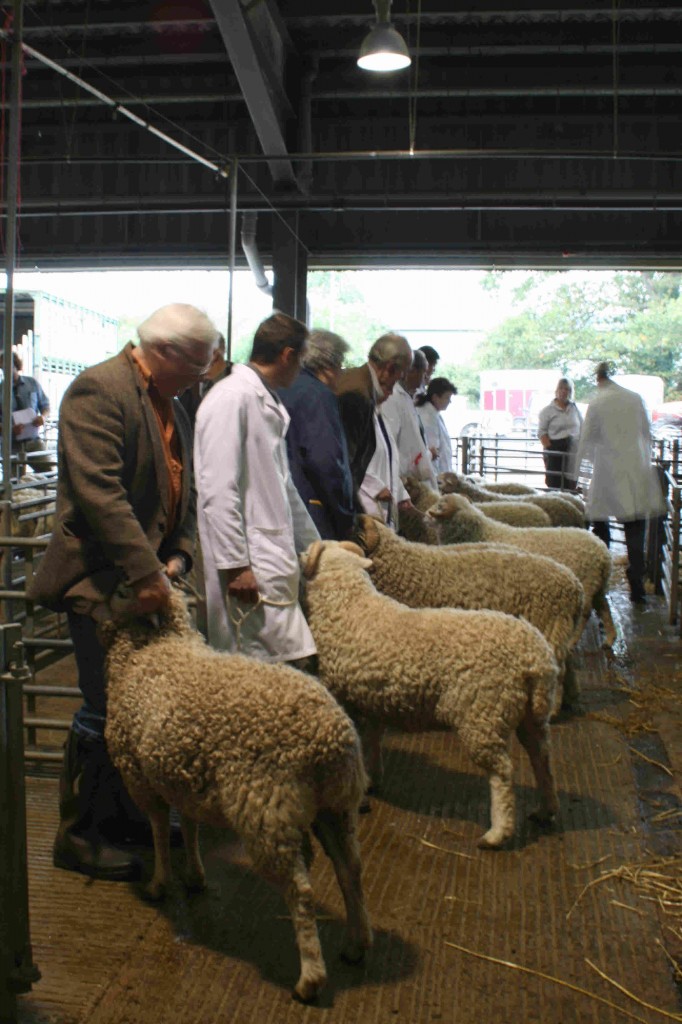
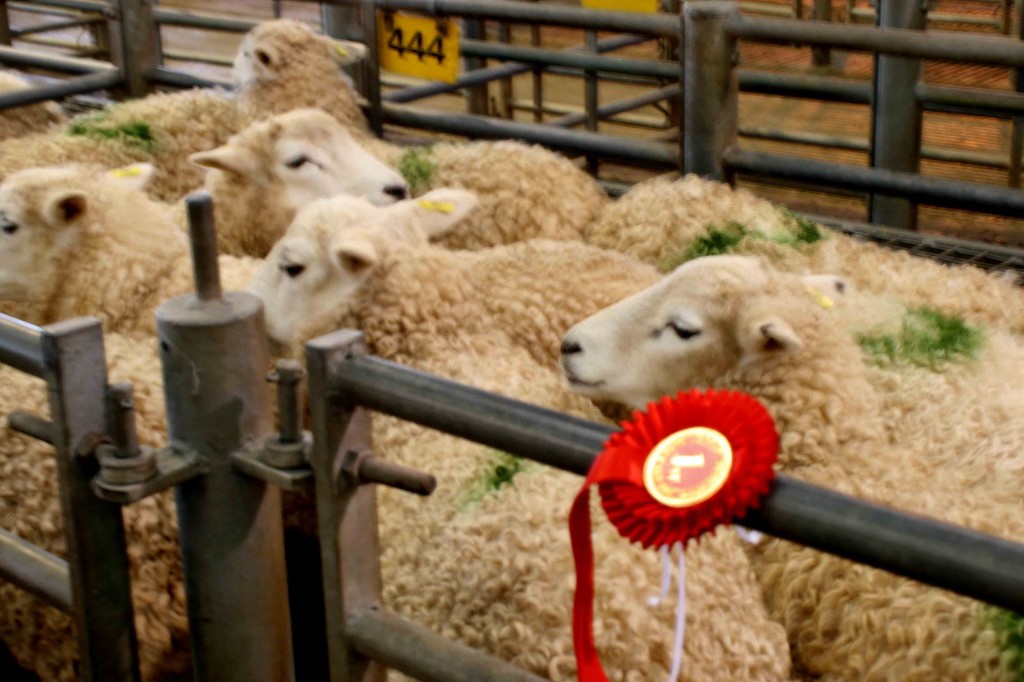
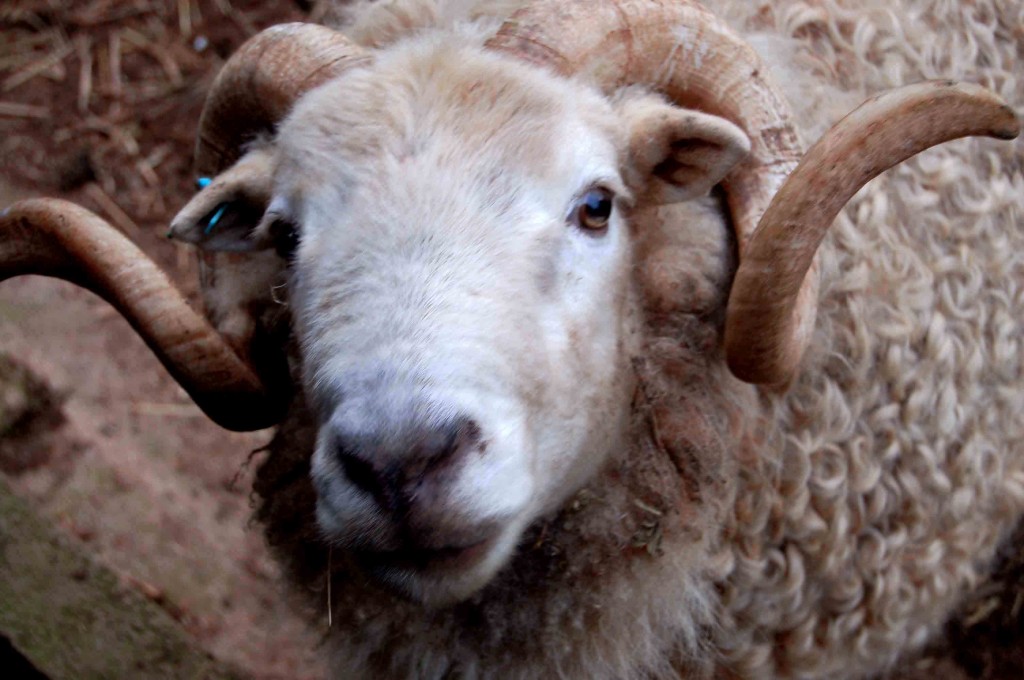

Leave a Reply